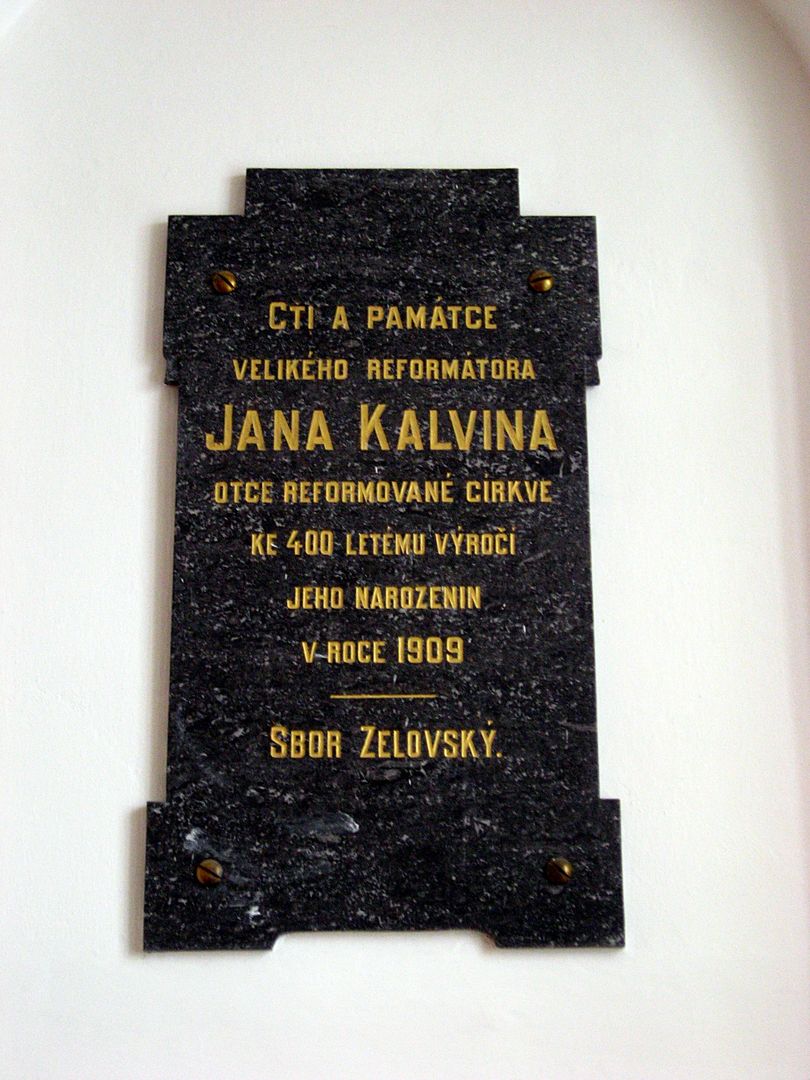Evangelical Reformed Church in Zelów
6.55

Overview
The Evangelical Reformed Church in Zelów, built between 1821 and 1825, is a significant example of Neoclassical architecture in Poland. Designed by architect Jan Zille, its rectangular structure and square tower on the western side, situated on a small hill, make the building a prominent landmark in the town’s landscape, closing off Sienkiewicza Street. Although the interior of the church is modest in terms of decoration, it is enriched with plaques commemorating important figures associated with Protestantism, such as Jan Hus, John Calvin, Jan Łaski, and Jan Ámos Comenius, highlighting its importance in the context of Evangelical cultural heritage. An additional asset of the church is the Museum in Zelów located in the attic, which serves as the Documentation Center for the History of the Czech Brethren, contributing to the preservation and cultivation of the memory of this movement’s history. The building is also legally protected, having been entered into the register of monuments of the National Institute of Heritage as a Neoclassical church of the Czech Brethren from 1828, restored in 1971. This fact underscores its historical significance and the care taken to preserve architectural heritage in Poland.
Location
You can also find here:
2026 Wizytor | All Rights Reserved
